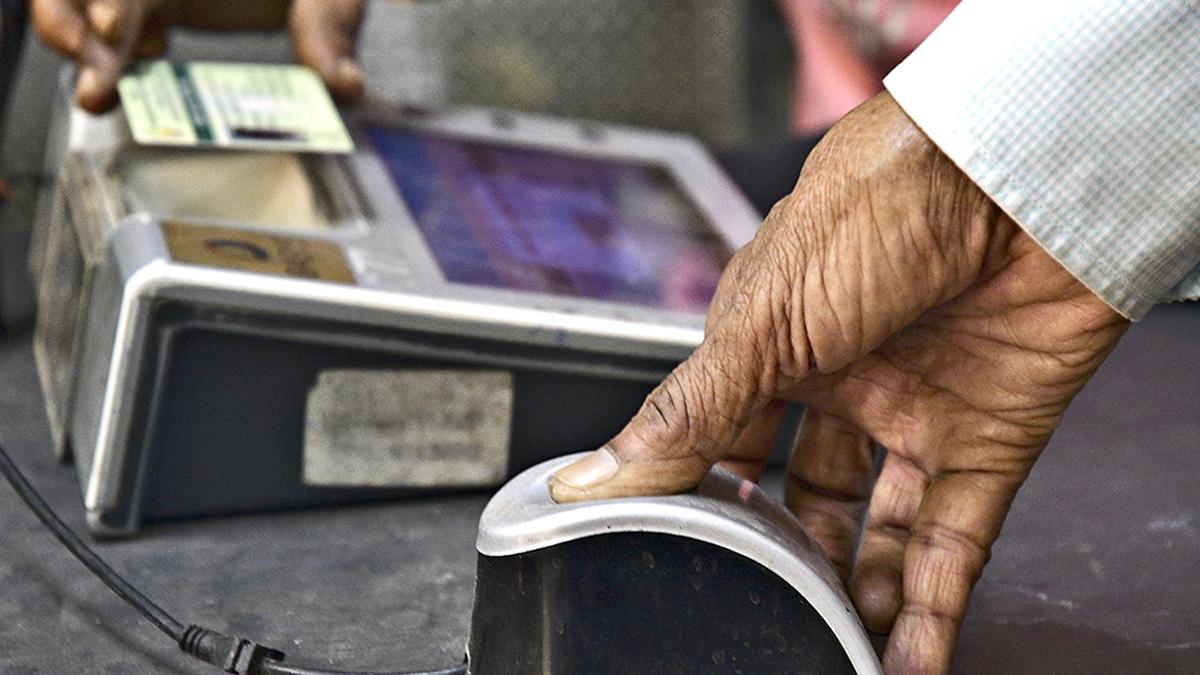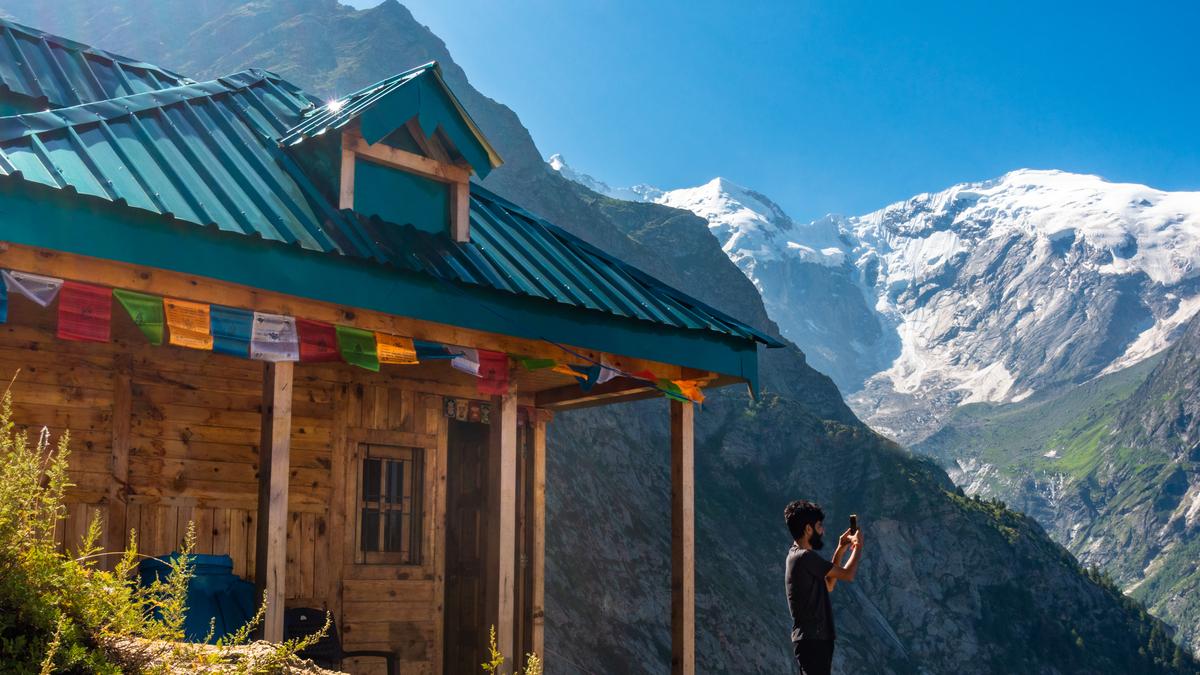




Copyright infringement not intended
Picture Courtesy: INDIAN EXPRESS
India's coffee exports reached a record high of $1,146.9 million in FY24, due to a rise in Robusta coffee prices and storing ahead of EU deforestation regulations.
Coffee grows in hot and humid climates.
The ideal temperature range is between 15°C and 28°C.
Coffee plants also require rainfall between 150 cm and 250 cm annually.
The soil should be well-drained, loamy, rich in humus, and contain minerals like iron and calcium.
Coffee plants usually grow under shady trees to protect them from direct sunlight, which helps ensure optimal growth conditions.
India became the eighth-largest coffee grower in the world in 2022-2023.
The country produces two main varieties: Arabica and Robusta.
Arabica coffee is more valued due to its mild and aromatic flavor, while Robusta accounts for 72% of India's total coffee production.
Karnataka is the largest coffee-producing state, contributing about 71% of the total production, followed by Kerala (20%) and Tamil Nadu (5%).
The European Union, particularly Italy, is a major export destination, accounting for 70% of India’s coffee exports. Italy alone makes up 20% of total coffee exports.

Global Robusta coffee prices have risen sharply due to supply shortages in countries like Vietnam and Brazil. In June 2024, Robusta prices reached $4,667 per metric ton, marking a 63% increase.
India's coffee exports surged due to high Robusta prices and anticipation of the European Union’s deforestation regulation, which might raise coffee costs in the future.

Brazil is the world’s largest coffee producer, contributing around 40% of the global coffee supply, however, adverse weather conditions, such as drought and high temperatures, have affected both Arabica and Robusta coffee yields.
In FY24, Brazil's coffee bean exports are forecast to drop by 2.6 million bags due to stock depletion and lower-than-expected yields. This has led to a tightening of global coffee supplies, affecting prices and trade dynamics.
The EU’s Deforestation Regulation aims to prevent products sourced from deforested land, and could disrupt India’s coffee exports.
As one of the largest coffee exporters, India faces challenges due to its higher deforestation rates compared to competing countries.
The regulation’s compliance requirements are complex, and even if Indian coffee is not grown on deforested land, exporters must still meet strict conditions. This could increase export costs and affect trade relationships with the EU.
Must Read Articles:
Source:
|
PRACTICE QUESTION Q.Consider the following statements about coffee production in India: 1. Arabica coffee makes up more than 70% of total Indian coffee production. 2. Kerala is the largest coffee producer in India. 3. India exports less than 50% of its coffee production. How many of the above statements are correct? A) Only one B) Only two C) All three D) None Answer: D Explanation: Statement 1 is incorrect: India mainly produces two types of coffee: Arabica and Robusta. Arabica coffee has a higher market value than Robusta coffee due to its mild aromatic flavour. Robusta coffee's strong flavour makes it ideal for a variety of blends. Robusta coffee represents 72% of total Indian coffee production. India is ranked as the world's fifth-largest producer of Robusta coffee. Statement 2 is incorrect: Karnataka is the largest producer, accounting for roughly 71% of total coffee production in India. Kerala is the second-largest coffee producer, accounting for roughly 20% of total output. Tamil Nadu is India's third-largest coffee producer, contributing 5% of total output. Half of Tamil Nadu's coffee is grown in the Nilgiri district, a major Arabica-growing region. Orissa and the northeastern areas account for a smaller share of production. Statement 3 is incorrect: India is the world's sixth-largest coffee producer, exporting 70% of its output. The top export destinations are the European Union, Russia, the UAE, and the United States, with Italy accounting for more than 20% of total bean coffee exports. |



© 2025 iasgyan. All right reserved